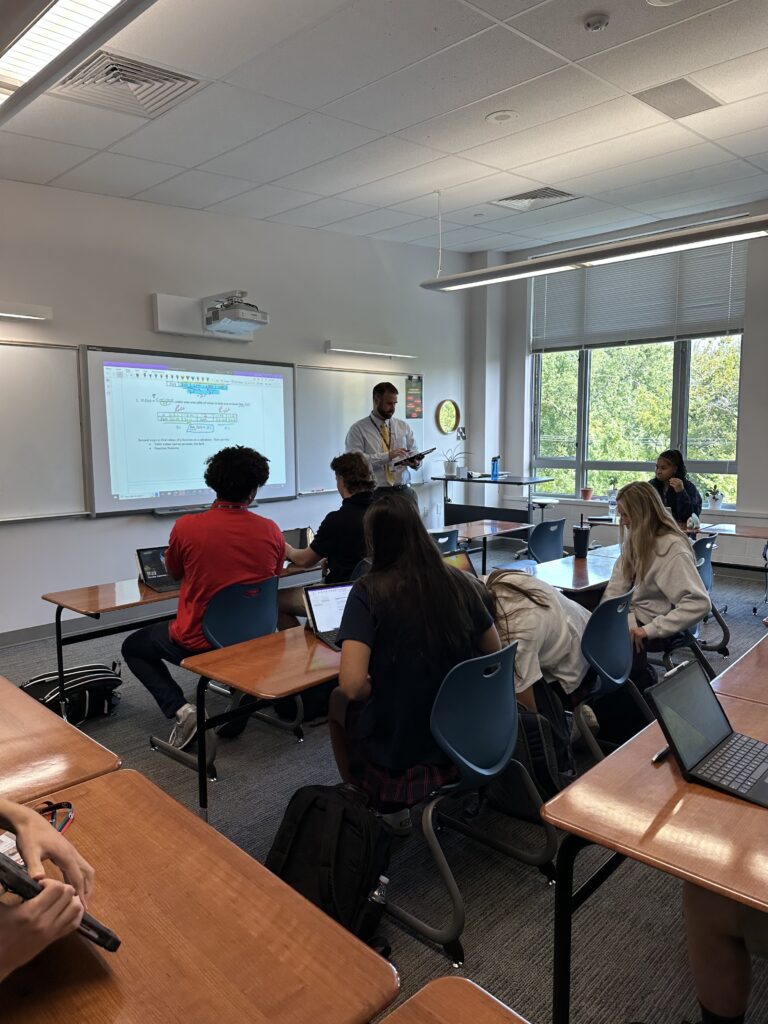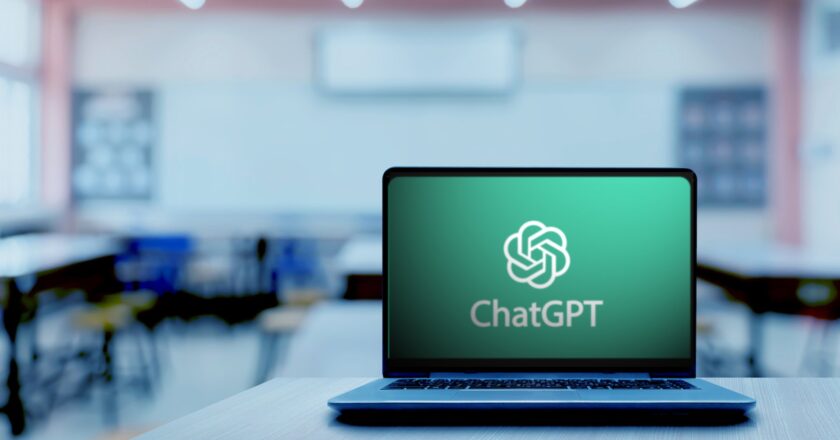In recent months, the integration of artificial intelligence (AI) into educational settings has seen remarkable growth. One of the standout developments is ChatGPT, a language model developed by OpenAI. ChatGPT has been altering classrooms, making assignments quicker to complete. However, it is essential to recognize that this technology is not without its downsides.
One of the major concerns with ChatGPT is the potential overreliance on technology. While it can be a valuable tool, excessive dependence on AI can lead to students neglecting critical thinking and problem-solving skills. More specifically, relying too heavily on ChatGPT for answers may hinder the development of independent learning and research skills.
In addition, AI models like ChatGPT are not infallible. They can produce inaccurate or biased information, perpetuating misinformation or reinforcing existing biases. In an educational context, this can lead to students learning incorrect or biased content without critical examination.
ChatGPT also collects and stores data from interactions with users, raising significant privacy concerns, especially when used in classrooms. Schools must be vigilant about how this data is handled and protected. Any misuse or breach of sensitive student information could have severe consequences.
Most importantly, ChatGPT’s ease of generating text can inadvertently encourage plagiarism among students. Without proper guidance and supervision, students may copy information directly from ChatGPT without understanding or crediting the source. This not only undermines the educational process, but also fosters academic dishonesty.
At Germantown Academy, Upper School students are prepared for success in modern-day society as engaged, empathetic, and intellectually honest citizens. The school places a strong emphasis on cultivating trustworthiness and ethical conduct. Moreover, this approach encourages students to develop independent thinking skills and to be aware of instances when external factors such as individuals and technology, influence their thought processes.
According to the English department, collaborative efforts and the utilization of external resources are allowed under the condition of teacher approval, but students are required to honestly and comprehensively acknowledge any assistance and resources they employ. Students of Germantown Academy are always encouraged to examine and cite all tools and resources used in their work.

In classrooms across GA, the use of Chat GPT is prohibited as it prevents students from using their critical thinking skills.
Unauthorized use of resources, however, without faculty consent is strictly prohibited. The Germantown Academy Honor Council has also made it clear that any violation of academic integrity will result in disciplinary actions.
While ChatGPT and similar AI technologies offer numerous benefits in the classroom, it is essential to be aware of the negative effects they can have on students, educators, and the educational environment as a whole. Striking the right balance between technology and traditional teaching methods is crucial to ensure that students receive a well-rounded education that encourages critical thinking and creativity. GA’s responsible implementation and oversight are key to mitigating these negative effects of AI in the classroom.


Comparison: How do you eat differently than the Paleolithic people?